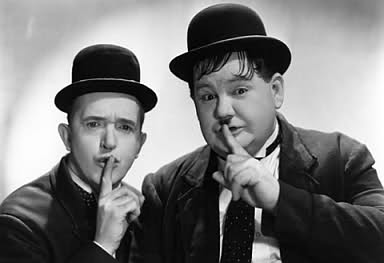Technology has made it a lot easier to discreetly record conversations, both privately and publicly. There are now pens, phones, dedicated recording devices, and portable electronic devices; that include digital recording technology inside them. Can you secretly record anything and anyone you want to?
This article is my opinion, and not legal advice. I am a judgment broker, and am not a lawyer. If you ever need any legal advice or a strategy to use, please contact a lawyer.
First of all, intercepting telephone calls is illegal and this article is not about that subject. This article discusses the use of portable recording devices. Can you secretly record conversations? Not being a lawyer, my opinion is there are two answers to that question.
If you secretly record an in-person conversation, and share that recording with others, you are probably taking some serious legal risks. If you use such recorded conversations only for your own use, and never share them, that is probably OK. However, if any private or hidden recording gets shared or is discovered, beware.

There are many good reasons to discreetly record conversations; including as a note-taking tool, to help you learn or memorize something, or to review something you did not understand fully when you first heard it. Places where you might want to discreetly record conversations include classrooms, meetings, seminars, conventions, child monitoring, workplaces, court rooms, and many other places and situations.
The Federal government, and every State, has “anti wiretap and eavesdropping” laws against the illegal interception or recording of confidential conversations. Despite one’s best intentions, recording people’s conversations without their permission is usually illegal. The wronged person might be able to sue you under state or federal laws. Often, state “anti wiretap” laws are stricter than federal laws.
The recording legality test is usually related to the expectations of privacy of the person being recorded. Businesses often record incoming calls for training and quality checking purposes. They almost never share private information coming from those recordings outside their own company.
If someone is yelling on a street corner, no court would find their yelling includes any expectations of privacy. If you secretly record anyone else, you may be violating their privacy rights and the law.
The song by Eric Clapton, “It’s In The Way That You Use It”, comes to mind. When you discreetly use a personal digital recording device, often the issue is how you use any recordings you make. Many things are either legal or not a problem, when nobody knows about them; and illegal if shared with others. Urination is one example, in a bathroom it is legal, in front of other people it is not.
Because they will never be known about, recordings that are kept private, and never used for any other purpose except to help the one person who made that recording, will probably not be a problem. If any (violation of privacy) recordings are used in court, sold, or shared with anyone in any way that could identify who was recorded, you should consult with a lawyer.
In my opinion, in the real world, if you discreetly record conversations for your own purposes, and never share anyone’s private information, you are probably going to be OK. However, why not throw away any such recordings when you do not need to reference them anymore.
